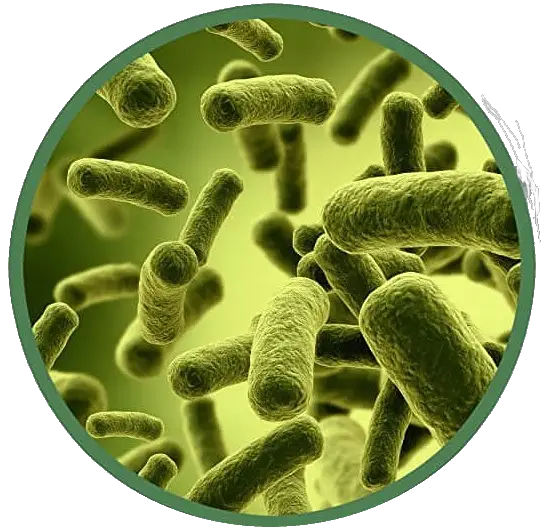


One of Berberine’s most important actions is its ability to prevent the spread of yeast and fungal organisms that are resistant to drugs.Ī 2016 study found that berberine has antifungal activity against several types of yeast, including antifungal-resistant Candida. Berberine has also shown antifungal action against yeast and fungal infections such as Candida overgrowth. It has been demonstrated to have a host of powerful therapeutic actions as an antimicrobial agent. Berberineīerberine is the active ingredient in barberry, Oregon grape and goldenseal. Oregano leaf extract is such a powerful antifungal ingredient that any good candida cleanse formula should contain it. Of these active compounds, carvacrol appears to be the strongest studies show it continues to be effective regardless of the maturity of the biofilm. These powerful terpenoid phenols are effective in not only killing planktonic cells but also the biofilms of Candida albicans that are resistant to many pharmaceutical antifungal drugs. This includes terpenoid phenols carvacrol, thymol, and eugenol. Other studies report that each of oregano extract’s major components has potent antifungal activity. These agents work to fight Candida overgrowth by reacting with the water in your bloodstream, which effectively dehydrates and kills Candida yeast cells. Oregano oil contains two naturally-occurring antimicrobial agents, carvacrol and thymol. This extract has been shown to completely inhibit the growth of Candida albicans and prevent it from returning. Numerous studies have reported the efficacy of oregano oil’s ability to fight Candida infections.
Yeast overgrowth skin#
These factors play a major part in the development of skin infections, and also in Candida’s ability to spread throughout the body. It’s believed to inhibit the hyphal growth of Candida albicans and biofilm formation. The fungicidal actions of undecylenic acid come from its organic fatty acid components.

Some studies have even shown that undecylenic acid is around six times more effective than caprylic acid! Since then, undecylenic acid has become recognized as a powerful antifungal agent that can help with stubborn Candida-related infections such as athletes’ foot and intestinal Candida overgrowth. It’s an unsaturated fatty acid derived from castor oil which was discovered in 1877 when scientists distilled the by-products castor oil. Undecylenic acid is a less well-known treatment for topical Candida-related infections, but it’s becoming more popular. More recent studies have found that oral supplementation with caprylic acid reduces the symptoms of Candida more quickly and efficiently than some pharmaceutical antifungal drugs such as Diflucan. Natural antifungals can be extremely effective, and they tend to come with far fewer side effects than prescription antifungals like Diflucan.Ī study conducted by Japan’s Niigata University found that the fungicidal effect of caprylic acid on Candida albicans was “exceedingly powerful” ( 1). There is a further advantage to using a natural antifungal such as caprylic acid. Multiple studies have found caprylic acid to be effective at killing Candida albicans yeast cells, as well as reducing symptoms in those with chronic Candida infections. This effectively destroys the yeast cell and can even prevent it from returning. It then incorporates itself into the cell membrane and causes it to rupture. Its short chain length means it can penetrate the cell wall of the yeast relatively easily. It works by interfering with the cell walls of Candida yeast cells. Studies have shown caprylic acid’s potency to be similar to prescription antifungals. Taking caprylic acid during your treatment can get your intestinal tract back in shape and help to prevent Candida colonies from growing again. Of these, caprylic acid is the most important. Caprylic AcidĬoconut oil is made up of three fatty acids: caprylic acid capric acid and lauric. Here are the top antifungal supplements to consider when fighting Candida. These tend to be well-tolerated, have fewer side effects, and are still very effective. Over the last decade, yeasts like Candida albicans have begun to develop resistance against prescription antifungal treatments, with the result that people have increasingly turned to natural antifungals instead. In this article, we'll take a look at a range of antifungals and find the strongest Candida killer. An imbalance like Candida overgrowth can lead to digestive problems, weak immunity, low energy levels, frequent yeast infections, and more.Įating a low-sugar diet is generally accepted as one of the best ways to tackle a yeast overgrowth, but antifungal supplements can really boost your defences against Candida too.


 0 kommentar(er)
0 kommentar(er)
